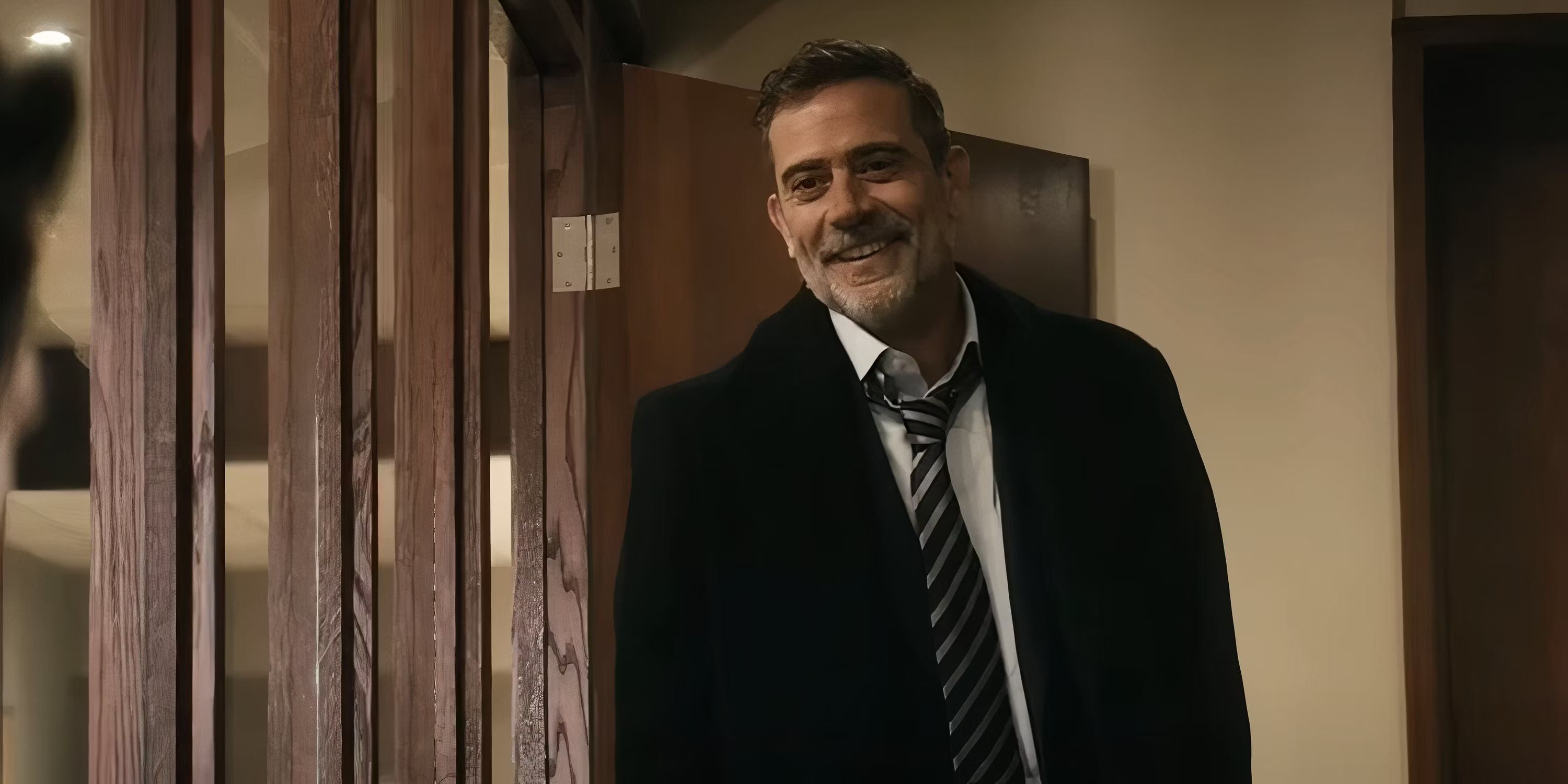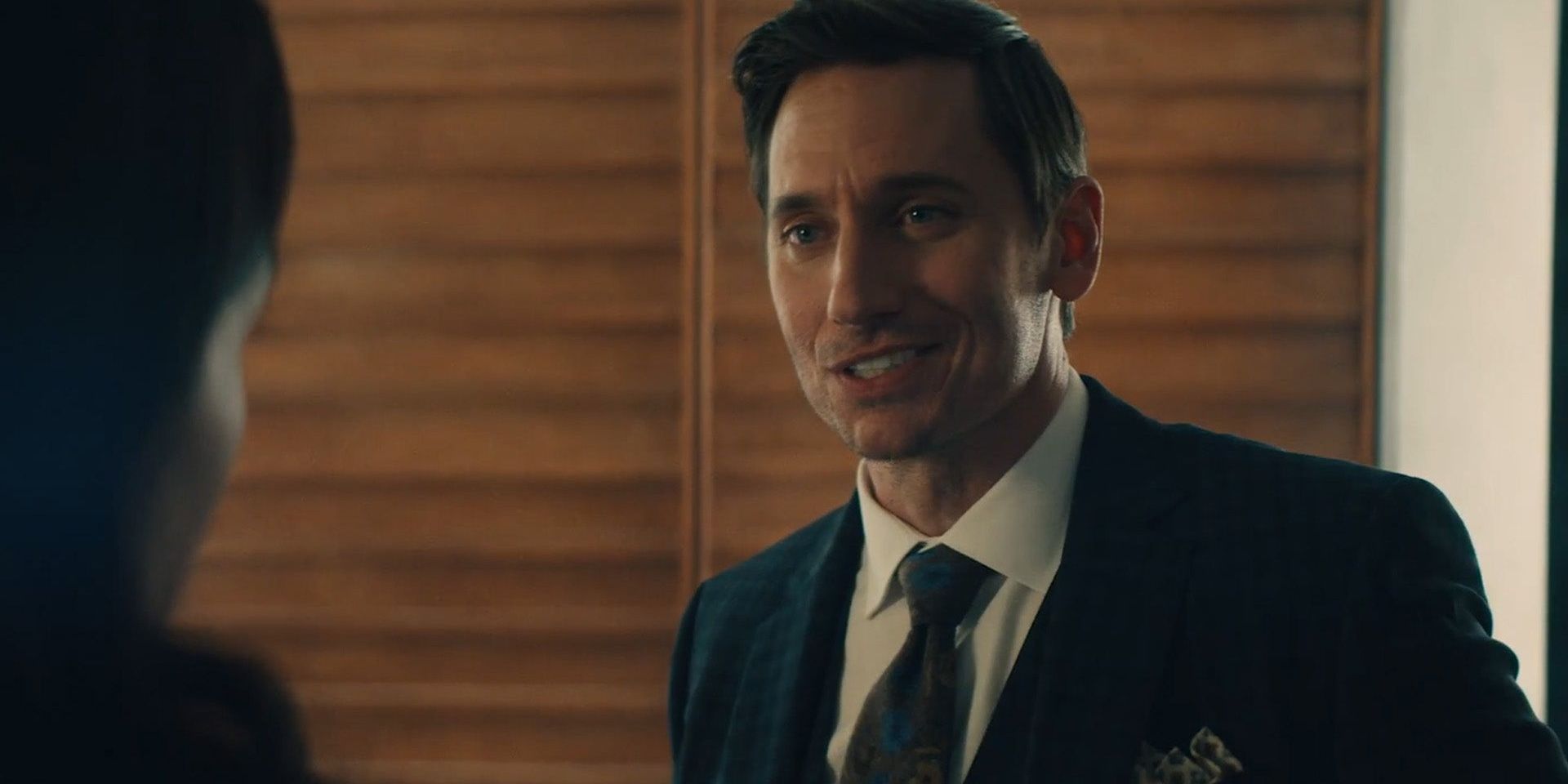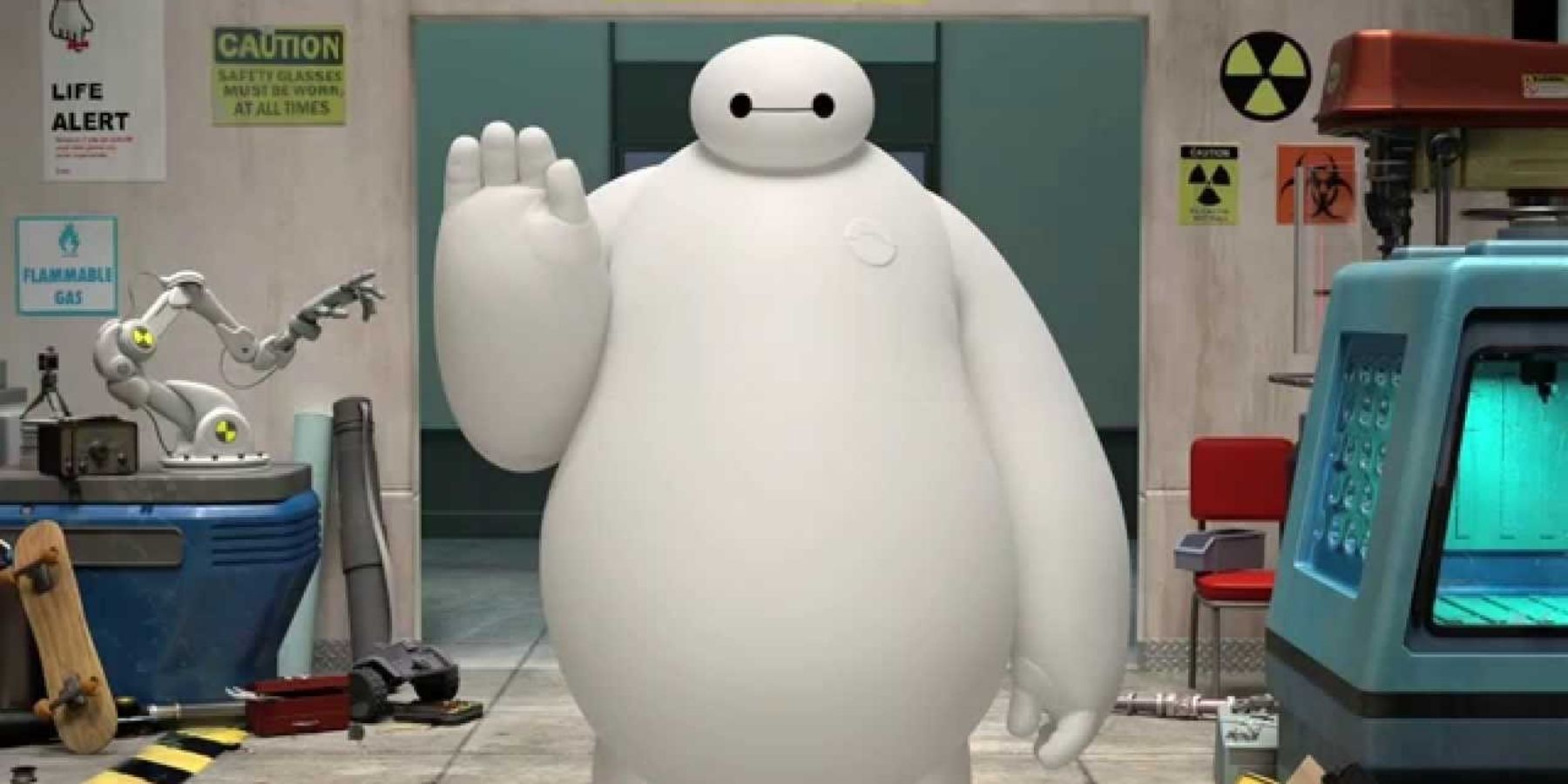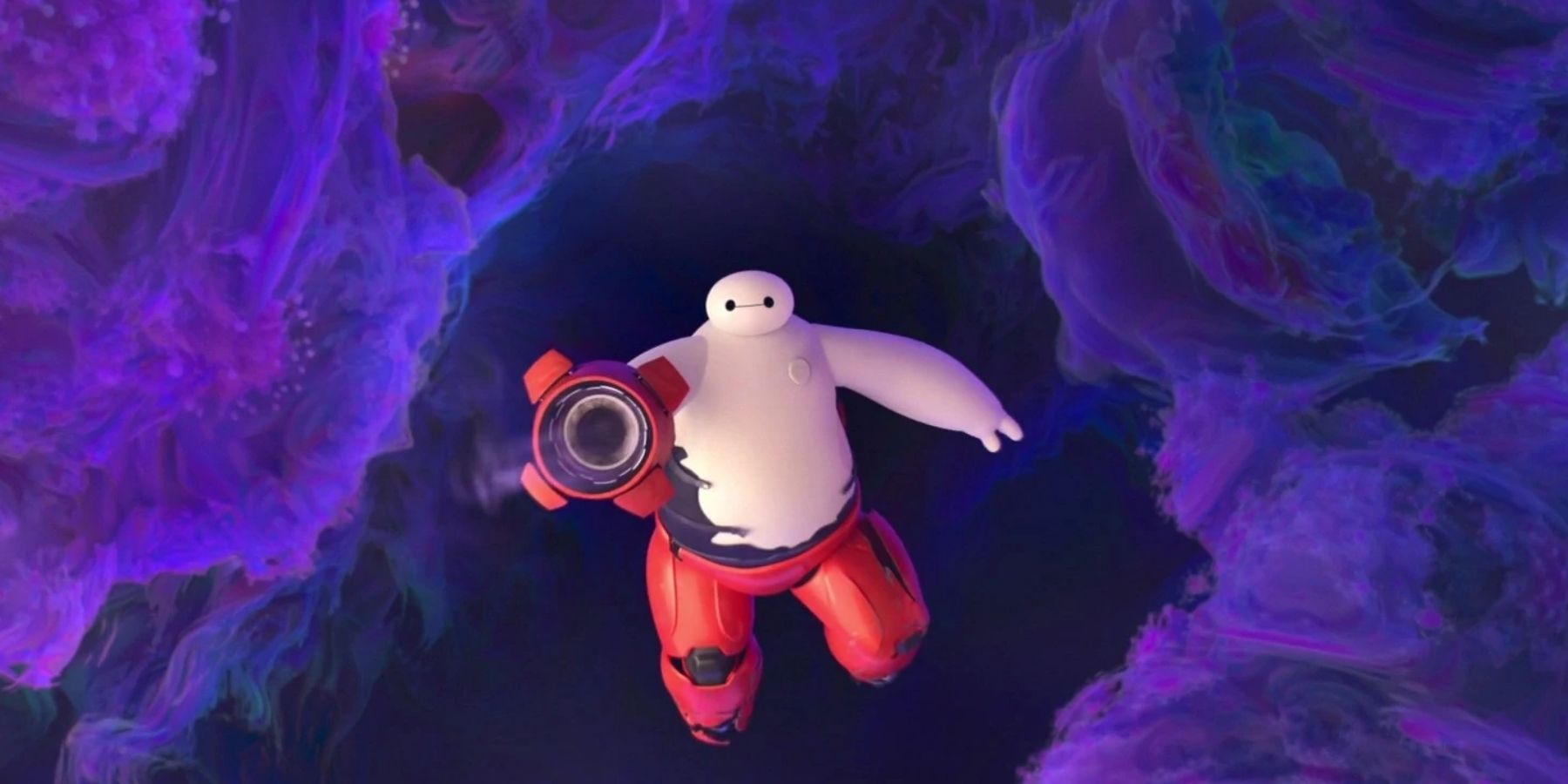Some characters look more like mascots designed to sell toys and merchandise than actual 3-dimensional personalities, but looks can be deceiving. Sometimes the adorable, lovable, marketable face of a franchise actually stands above the rest of the project as a groundbreaking example of a writing topic so many get wrong.
Sci-fi is rife with characters who are one version or another of artificial intelligence. Robots, holographic assistants, programmable artificial beings, and so on. These characters can often feel somewhat stock or fade into the background, overshadowed by the more colorful sapient cast. Baymax is a rare example of an AI character who is the most beloved of his group, thanks to some truly inspired character writing.
Far from the original Marvel Comics iteration, Baymax is a robotic nurse and first responder designed to assess and treat any maladies. He was invented by technical prodigy Tadashi Hamada with the idealistic goal of helping anyone in need. His body is massive, a compact metal frame covered in an inflatable vinyl material. His balloon-like appearance and charming neutral facial expression were designed with non-threatening care in mind. Baymax is programmed to ask his patient to rate their pain, apply the appropriate treatment, ensure they are satisfied with their care, then return to his charging case. Though Baymax is one of the emotional hearts of the narrative, and though he might be the most caring character in modern media, Baymax is inarguably a programmed being.
Baymax finds himself joining the eponymous superhero team as a form of therapy for his patient. After Baymax's creator's untimely death, Tadashi's brother Hiro is racked with grief. Baymax does what he's programmed to do, attempt to treat his patient. When Hiro makes it clear that investigating and understanding the circumstances of Tadashi's death, Baymax joins him in his quest to do so. When Hiro programs a new chip that gives the machine hand-to-hand combat skills, Baymax accepts it as a proactive defense to prevent future injury. When Hiro removes Baymax's healthcare chip and leaves only the combat programming, he becomes a wordless killing machine without protest. There is no soul in the machine. Baymax is just his programming, and that is what makes him perfect.
The problem with most AI characters is that they're written as human beings who traded in empathy for encyclopedic knowledge of all information. Any aspect of Baymax that could be read as human is entirely projected upon his adorable hospital-white form by the other characters or the audience. Baymax isn't a cold calculating machine, because he wasn't built to be one. Baymax cares, that's what he's programmed to do, but when that programming changes, so does Baymax.
Every action Baymax takes, from his choice of dialogue to his participation in the superhero action is entirely dominated by the healthcare chip Tadashi crafted for him. His most sentimental moments in the plot may seem sappy and emotional, but every word he says is bracingly literal. Even his heroic sacrifice is perfectly within his programming, he's designed to do whatever it takes to save his patient, and his own survival is not a concern. His final line before giving his life to save Hiro is "I will always be with you". He's not E.T. telling his friend that he'll always be in his heart, he's straightforwardly explaining that Hiro still has his identity in the chip that is his brain.
Every decision made by Baymax is completely logically consistent with the programming he is operating on at the time. The reason Baymax is so lovable and the reason he's such a perfect representation of the future of perfect A.I. are the same. He's built to be the living avatar of care for others and the writers perfectly crafted him to follow that programming in every scene. Beyond the big moments, the small moments give away his coded capabilities.
There are several comedy scenes in which Baymax attempts to navigate nearby debris or pick up items outside his reach, and it stalls the otherwise capable machine. The first time he meets Hiro, it takes him around 60 seconds to navigate the eight or nine-foot distance between them. Every action he takes is slow and deliberate, but viewers can almost see the command line behind his movements. He knocks things over, barely fits through openings, puts himself in dangerous scenarios, and single-mindedly pursues his one goal without any pause for thought. Baymax doesn't know everything, doesn't feel anything, and does only what makes sense within the walls of his programming, and everyone loves him for it.
Baymax may be the most on-point depiction of how a self-aware AI may eventually function of all time. Flawed in all the ways human creations are always flawed, perfectly designed within his rules, and exactly as lovable as he was built to be. Baymax is a marvel of screenwriting success and fans can only hope that future writers of the character maintain that staggering success in his upcoming solo series.






